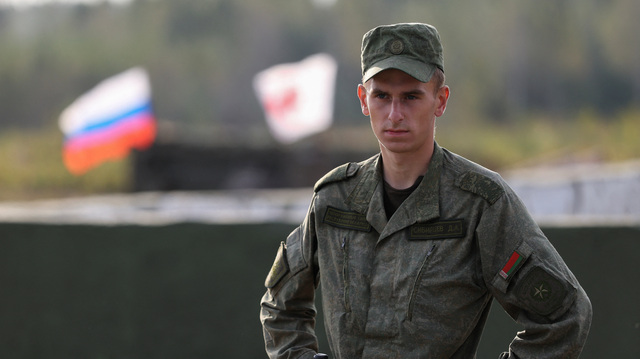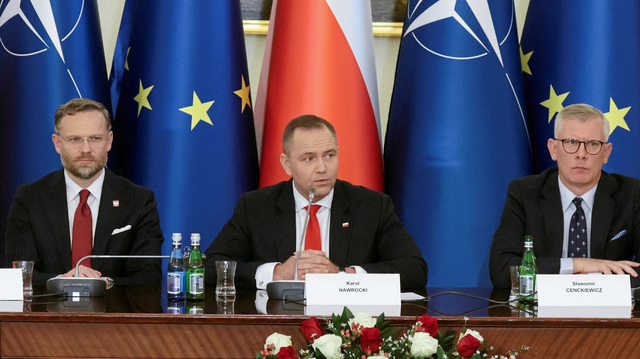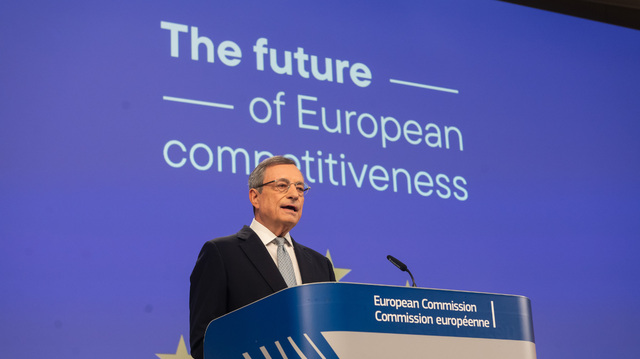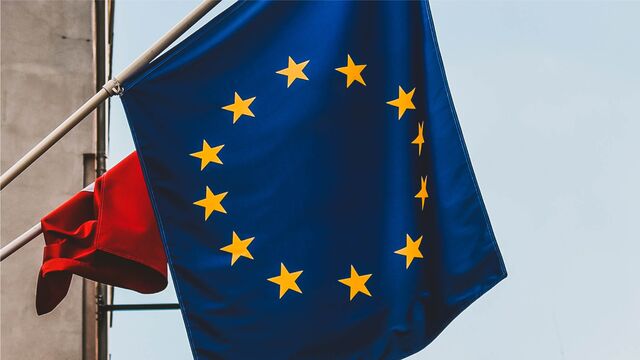Constructivism in the study of EU-Russian relations
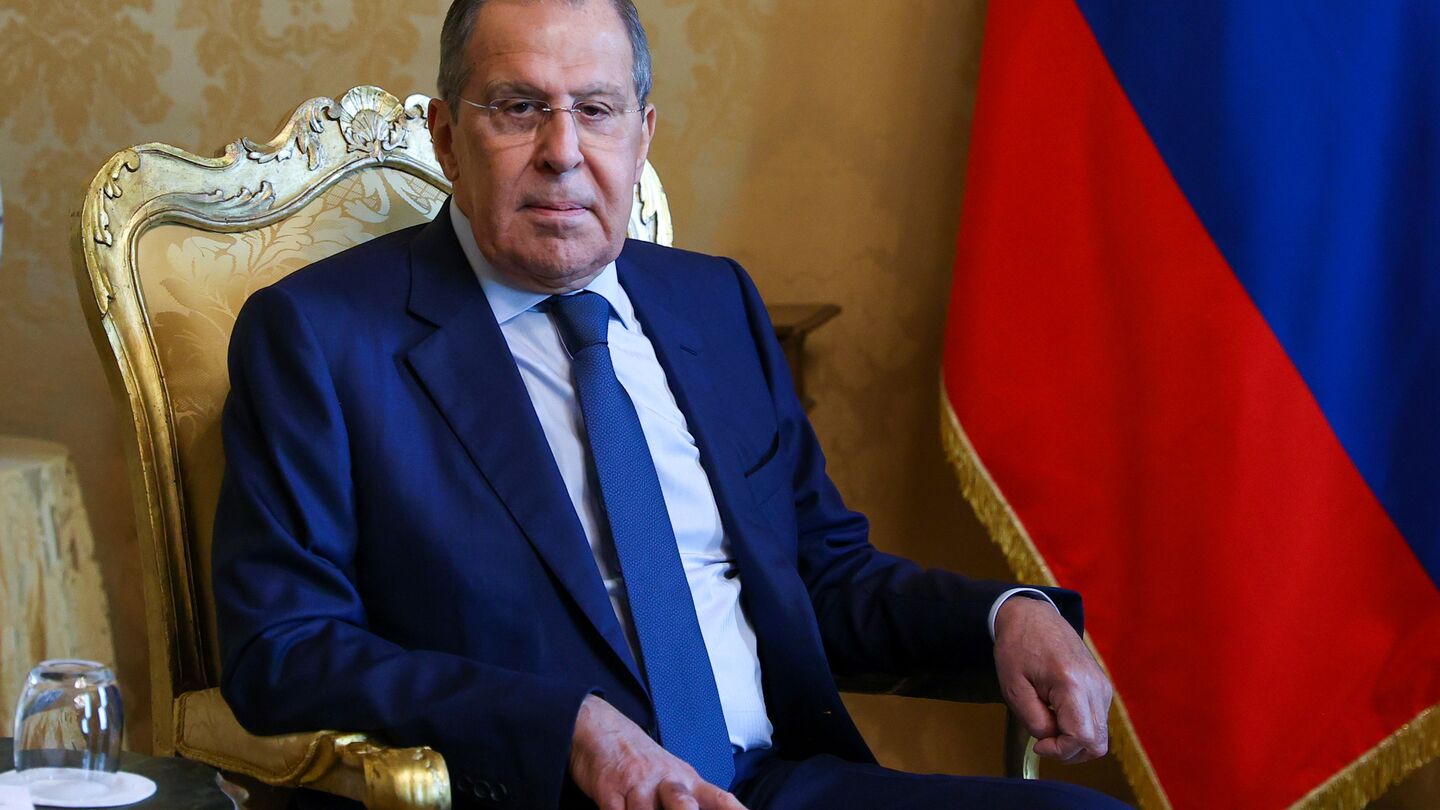
Petr Kratochvíl just got published in The Routledge Handbook of EU-Russia Relations, where he delved into the complex study of EU-Russian relations.
He focused on the analysis of social constructivism as one of the main theories applied to the topic. He put forward several interrelated arguments: despite appearances, constructivism is the dominant theoretical lens through which the relationship is interpreted, even in Russian academia. Constructivism, in its structuralist instantiation, owes its popularity to the fact that it “sold its soul” to the EU and thus reinforcing the EU´s normative hegemony over Europe.
And yet, it is the agency-centered version of constructivism that is on the rise today, with its ability to theorize the growing EU-Russian discord. However, constructivism is ill-equipped to overcome its long-term weaknesses, such as its predilection for oversimplified binaries and the ensuing, all-too-easy dismissal of the material.



